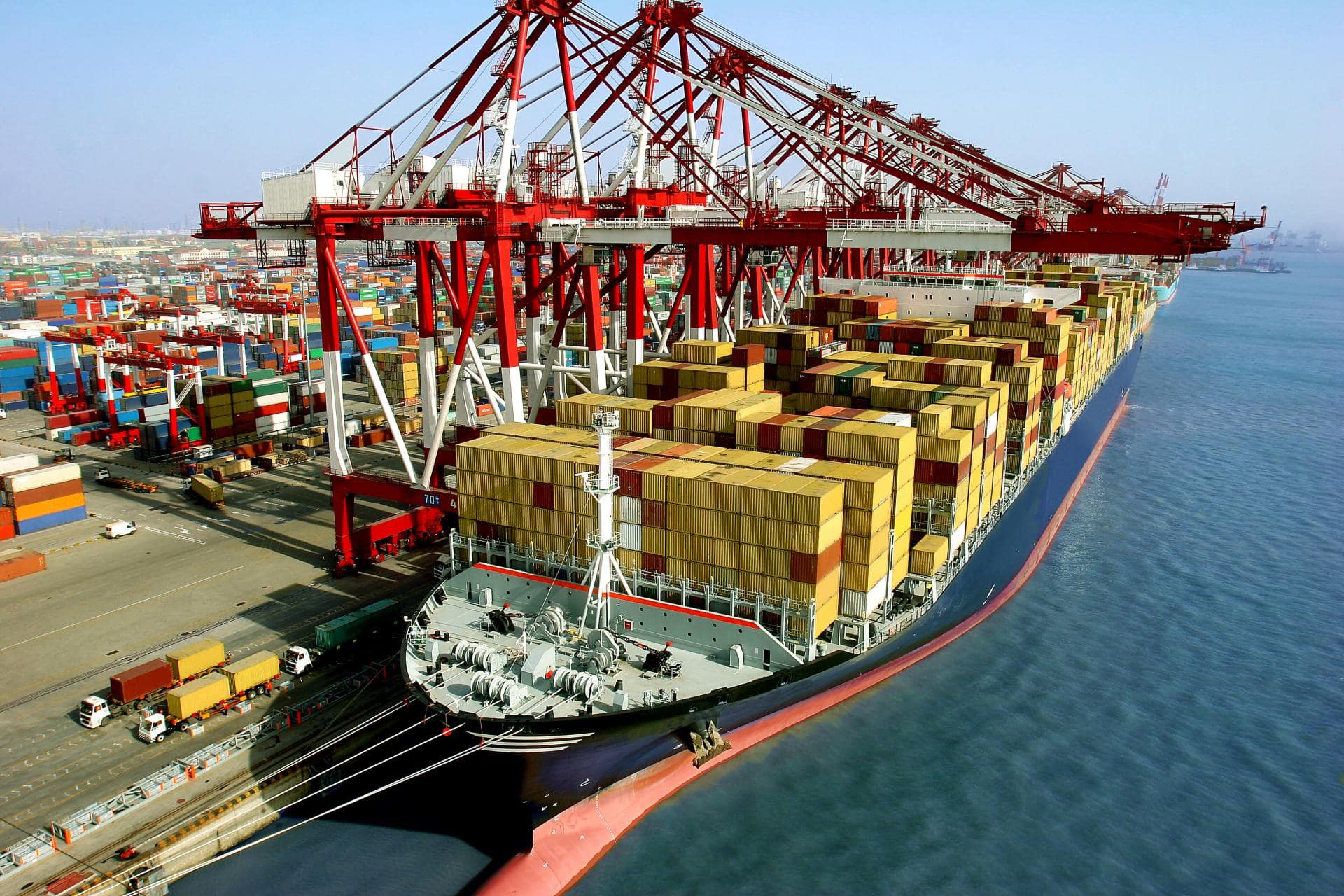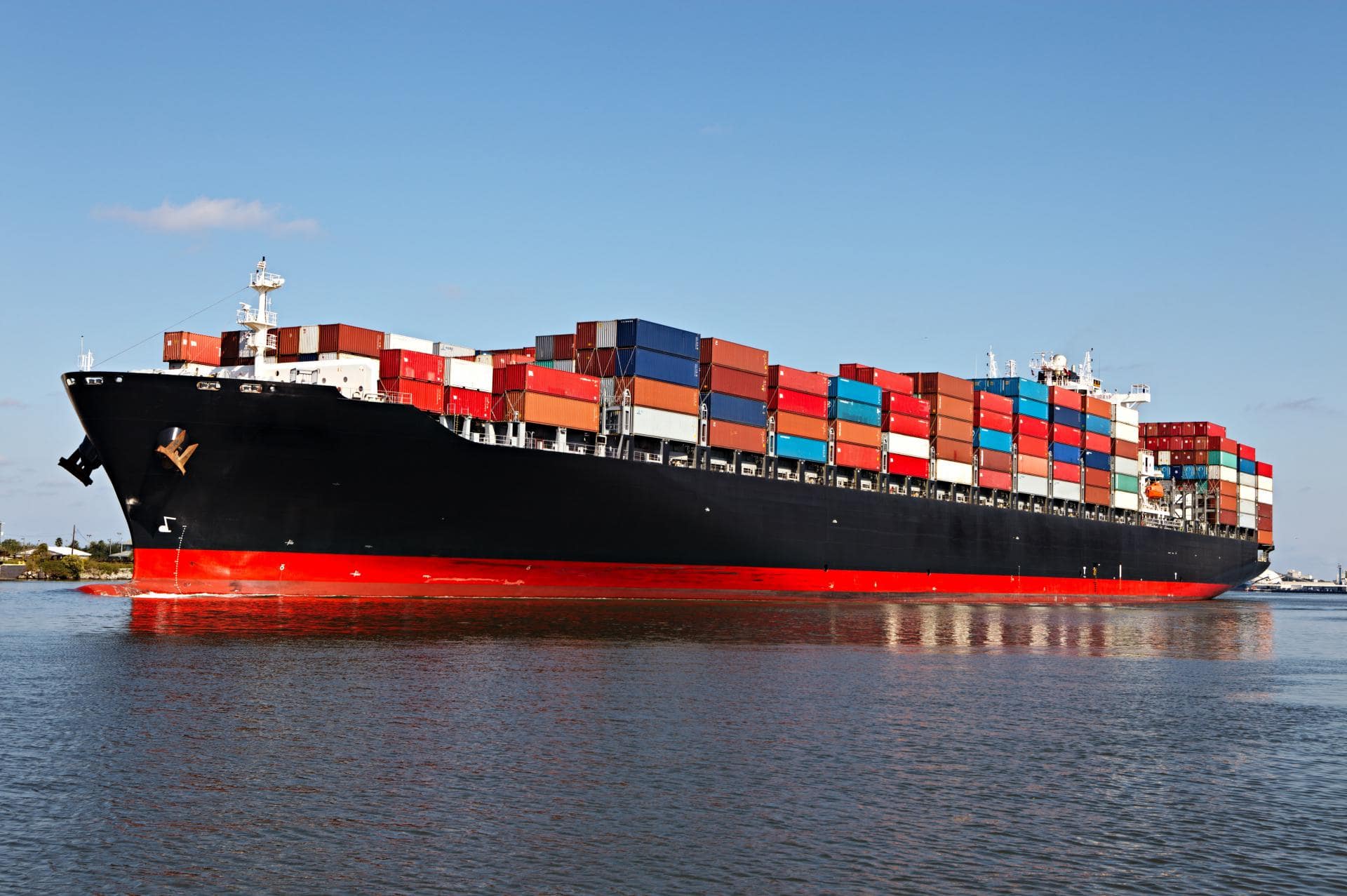Sea transportation
This way is one of the most common and most important methods of transportation. It is used for military objectives, passengers and transporting goods and usually for international cargo transportation. This type of transportation has an undeniable place in international trade due to the decrease in the costs of cargo transportation. Sometimes, more than half of the price of the goods in the bazaar are related to the transportation costs while sea transportation costs include only between eight to fifteen percent of the price of goods in the bazaar.

Sea Conventions and the ways of their approval:
With the development of the sea transportation, legal issues and lawsuits were developed as well, especially for damages while there were no integrated rules were governed sea transportation. In 1924, 26 countries attended in Brussels and new rules for bill of lading were approved being called The Brussels or The Hague Conventions. This convention was given the executive power since 1931.
After more than 90 years of The Hague Rules, it has had many criticisms from which the operator-based approach of these rules can be mentioned. This mass support of the countries’ interests owning navies led to the complaint of the countries owning goods. Alongside the defects of The Brussels Convention, these dissatisfactions led to the approval of the United Nations Convention concerning the sea transportation of goods called Hamburg Rules. Nevertheless, these rules were not accepted by the sailing countries and was unsuccessful. The emptiness of the lack of integrated rules for sea transportation caused the countries to turn to approving national rules which not only is a hindrance to integrating the rules, but causes the conflict between them. In addition, it is to refer to new objectives such as “Electronic Transport Documents” and “Door to Door transportation” which are in need of the rules commensurate with it. Considering these issues, The Rotterdam Convention was finally approved in 2008.

Types of sea transportation services:
Less than a container load (LCL):
This type is appropriate for the cargo owners whose cargo mass is less than a container’s. In this method, the cargos of two or some owners are all put together in one container which causes the reduction in costs and the cargo owner pays based on the mass it takes.Full container load (FCL):
In this method the cargo owner takes the empty container from the shipping line and proceeds with loading and arranging the cargo themselves. Apart from the fact that the container is full or some empty space remains, when the empty container is given to the owner to load the cargo is considered FCL from the shipping line’s point of view.Chartering and ship rental:
It is specially for the cargo owners who do not own the ship and rent it and only carry their cargo or passenger with it. they can rent the ship from the owner temporarily or for a longer period of time.Javanehcargo-Bar International Transportation Company is prepared to provide all the mentioned services including project products, container products, bulk and groupage with the safest and the most economical possible way for your cargo owners and dear customers by having adept staff and experienced experts.
